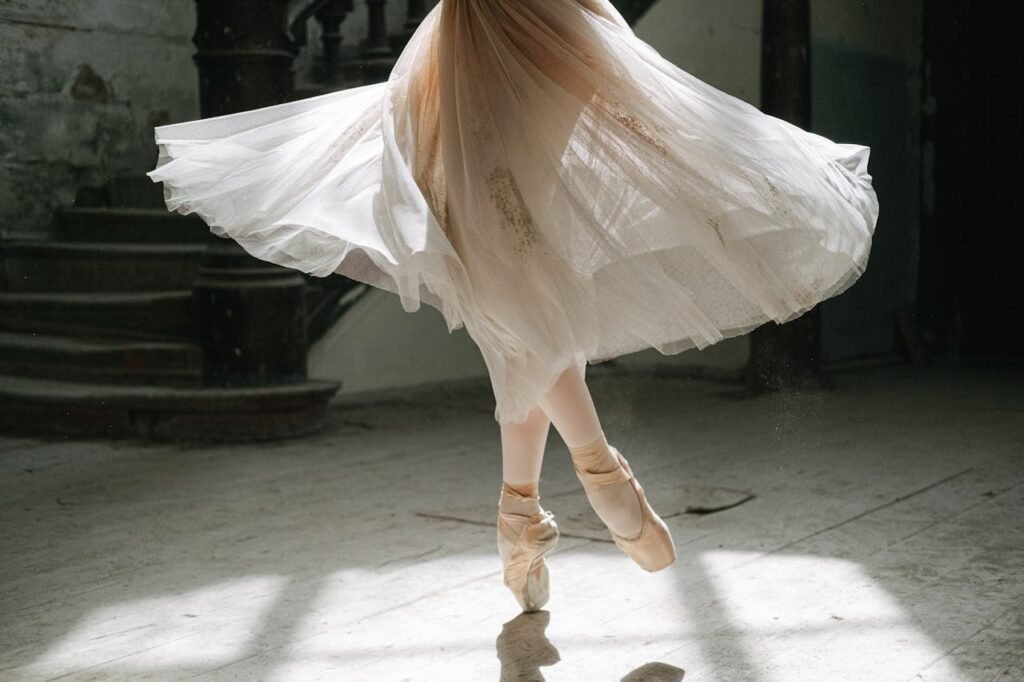You’ve probably heard it a million times: “You need 10,000 hours to master a skill.” It sounds dramatic. But is it true? Let’s look into it, because behind that number is something valuable. And a better way to think about your own journey.
Where It All Started
The number comes from Anders Ericsson’s research into elite performers. He didn’t say, “Do this many hours and boom, you’re a master.” He studied people already pushing hard. The “10,000” was more a descriptive average than a universal rule.
When Malcolm Gladwell later popularised it in Outliers, the idea went mainstream. This is likely where you heard it, or from someone who heard it there. Suddenly everyone timed their practice sessions. Suddenly it became a target. But that rigid form wasn’t what the original work intended.
Doing It Right Beats Doing It Long
Putting in hours is part of it, but alone, it’s not enough. That doesn’t come as a surprise to anyone. What really counts is how you use those hours. Repeating sloppy work over and over doesn’t get you better. You need forward motion. Feedback. Experimentation. You need to try and fail on your way up.
If you’re into music, you’ll know what we mean. You’ll turn knobs, swap pedals, test tone after tone. You’ll test the best guitar distortion pedals because you want to find an edge, a unique sound. Each tweak is part of building your identity as a player.
It’s so much better to spend two hours doing something that stretches your limits than ten times repeating what you already know. Real growth happens at the edge of your ability.
Loving The Climb
The big “10,000” feels like a mountain. It can stall you before you even start. But what if you reframe it? What if you focus on today, on this session, on the push. Not on the eventual destination.
Joy is a better motivator than pressure. If you dance because it feels electric, if you write because your hands itch to form words, you’ll go further than any timer can push you.
Your mistakes, your flops, your weird failures aren’t wasted. They’re the grit in your story. The scars that remind you how far you’ve come.
How Skills Grow
Expect plateaus, dips, doubts. It’s part of the ride. You’ll hit times when it feels like nothing’s happening. But often, change hides under the surface. You improve while you rest and absorb while you pause. Deliberate practice is the key. Planning your moves. Addressing your weak spots. Getting honest feedback. Then stepping back in, again and again.
Keep Showing Up
Maybe you’ll hit 10,000 hours. Maybe you won’t. It doesn’t even matter. What matters is grit. Your capacity to come back. Every hour of intention, every session of honest work. There’s no final “mastered” badge in art, craft, sport. Only deeper skill, more nuance. So pick up your instrument, your tool, your medium, and keep at it.







